How does one define personal hygiene?
Personal hygiene entails keeping all areas of the body clean and healthy. People with poor personal hygiene may allow germs to flourish, making them prone to illness. People might avoid a person with inadequate hygiene on a social level, which can lead to isolation and loneliness. Personal hygiene is important for both physical and mental wellness.
Types of personal hygiene
Everybody has a different definition of personal hygiene. For defining healthy hygiene practices, it’s helpful to start with these primary categories:
1. Toilet hygiene
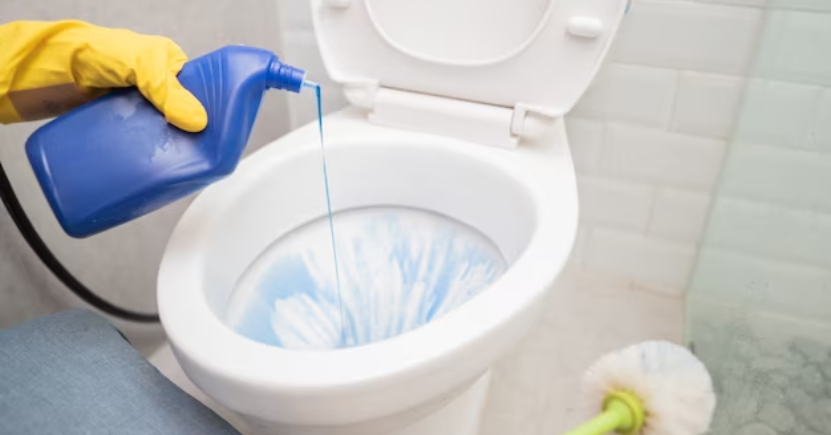
After using the toilet, thoroughly wash your hands with soap for 20-30 seconds, ensuring to clean under nails, fingers, and palms. Clean with warm water and rub gently. Hand sanitizer can be an alternative option.
2. Shower hygiene
How frequently you shower may depend on your preferences, but most individuals will benefit from a rinse at least twice a day. Rinsing away germs, oils, and dead skin cells is facilitated by showering with soap.
Wash your hair with shampoo twice per week. Washing your hair and scalp helps prevent greasy leftovers that can irritate your skin and helps eliminate buildup on your skin.
3. Dental hygiene
Maintaining good oral hygiene involves brushing twice a day, waking up early, and flossing between teeth. Use mouthwash and floss regularly to help prevent cavities and gum disease, while also preventing tooth decay and removing germ and bacteria accumulation.
4. Nail hygiene
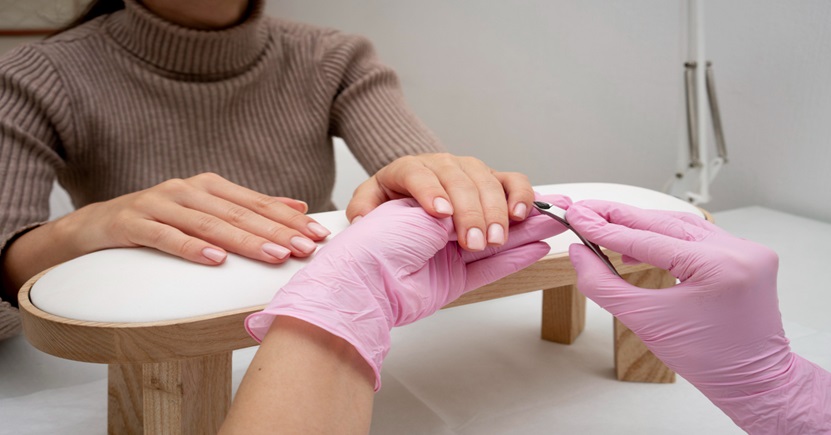
Regular nail trimming will keep your nails neat and short. Use a washcloth or nail brush to gently scrub under them to remove any debris, buildup, or bacteria.
You may reduce the risk of transferring germs to your mouth and other bodily openings by keeping your nails neat. It’s advisable to refrain from chewing your nails.
5. Hygiene during illness
If you’re experiencing symptoms under the weather, you should take measures to prevent spreading the illness to others. This includes not sharing any utensils or devices, covering your mouth and nose when you sneeze, and disinfecting shared surfaces with an antibiotic wipe. Additionally, discard any dirty tissues right away.
6. Hand hygiene
Since bacteria may enter the body through the mouth, nose, eyes, or ears, hand cleanliness is extremely important. It is important to wash your hands after handling food, trash, sneezing, etc. Personal hygiene practices are also necessary for post-wound or cut care, nappy changes, and self-cleansing assistance.
Personal hygiene for children
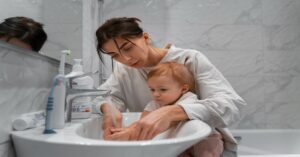
Good personal hygiene is critical for children’s health, self-awareness, and disease prevention. It is critical to start teaching hygienic habits early, such as cleaning hands after removing diapers, brushing teeth and gums before bed, and establishing a regular bath regimen. By the age of five, children must be able to follow personal hygiene on their own once they cross five years of age. Hand washing is necessary, and singing the ABC song while doing so is good.
Effects of poor personal hygiene
Better personal cleanliness results in fewer illnesses and better health. Contrary, poor personal hygiene can lead to serious health issues like pink eye and stomach infections. Inadequate dental care might potentially lead to heart disease. Following good hygiene can help fight illnesses such as diarrhea.
Developing a personal hygiene routine
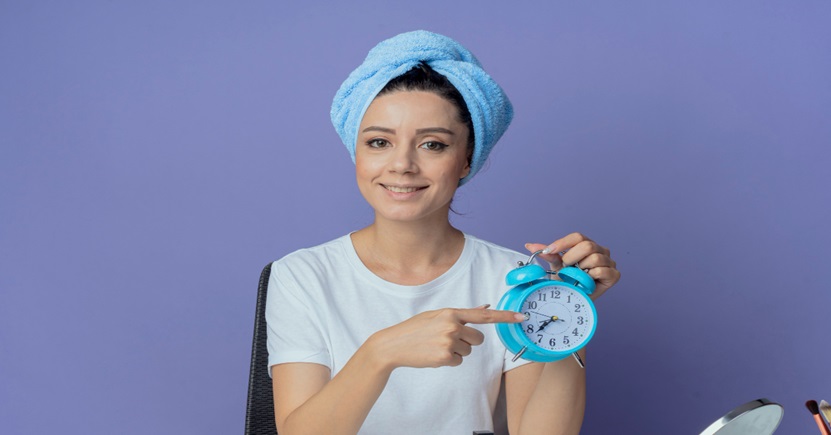
Make a list of reminders: Set a reminder on your phone for everyday actions such as showering, washing hair, trimming nails, or brushing your teeth to remind you to do them over time.
Make use of signs: Display reminder signs in bathrooms and kitchens to encourage people to wash their hands after using the toilet and before eating, which improves behavior and benefits both individuals and children.
Practice makes perfect: Learning a new habit takes time. Make a new habit a priority in the beginning and stick with it for a week or two. When you feel pleased with it, add another. You will develop the habits you desire over time.
Final Thoughts
A clean body enhances a person’s daily life, physical and mental health, and hygiene. Personal hygiene is the method of caring for one’s body. Adopting and maintaining a personal hygiene schedule is essential.

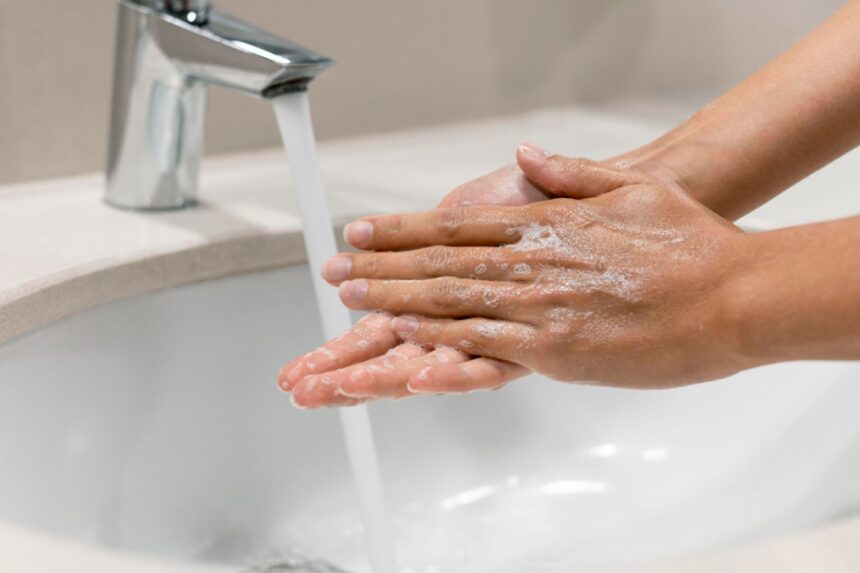
Leave a Reply